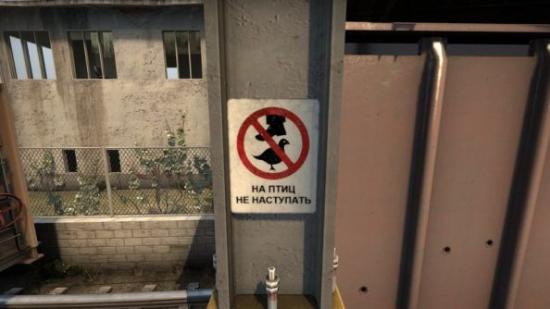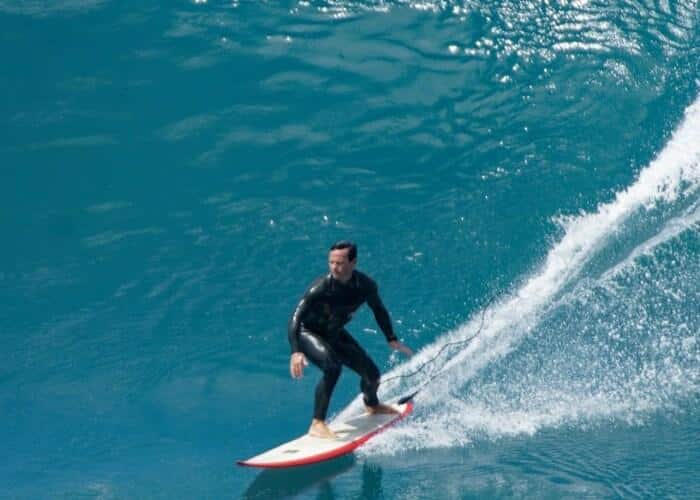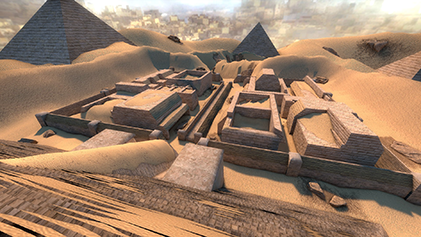From Glitch to Glory: A Level Designer's Look at Surfing in Counter-Strike: Source Back in the day, seeing someone seemingly float across the map in Counter-Strike: Source (CSS) was met with suspicion, maybe even accusations of cheating.
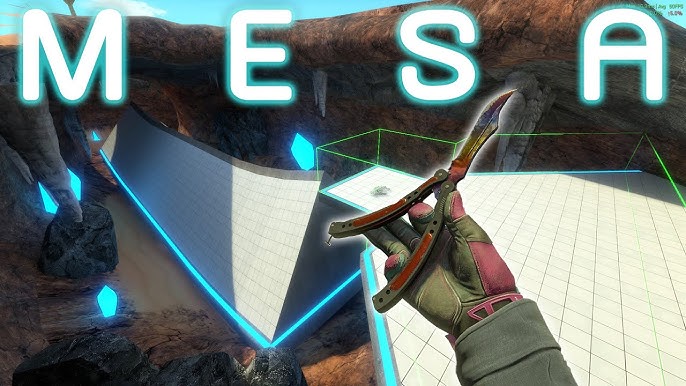
Back in the day, seeing someone seemingly float across the map in Counter-Strike: Source (CSS) was met with suspicion, maybe even accusations of cheating. We thought it was a glitch, an unintended consequence of the game's physics. Little did we know, this "glitch" would blossom into a thriving subculture: surfing. Now, after a decade in the game industry, including countless hours building surf maps, I want to share the history, mechanics, and enduring appeal of this unique Counter-Strike phenomenon.
The Accidental Genesis of Surfing
Surfing's origins are purely accidental, a testament to player ingenuity. It all started with the Source engine's physics. Players discovered that by jumping onto angled surfaces at specific angles, they could gain momentum and slide along, effectively "surfing."
Early reactions were mixed. Some dismissed it as an exploit, a cheap way to move around. Others saw the potential. The initial "surf maps" were often repurposed standard CS maps, with players simply trying to find surfaces they could slide on. They were clunky, inconsistent, and a far cry from the meticulously designed maps we have today. These early maps were less about flow and more about exploiting the physics to get from point A to point B faster than intended. They really weren't about fair play in the standard CS sense either.
Physics and Techniques: Mastering the Slide
At its heart, surfing relies on a clever interaction with the game's physics. You’re not really surfing on water, of course. Instead, you are gaining speed by continuously transferring momentum from angled surfaces to your character. The key is air acceleration. The Source engine allows for a small amount of directional control while airborne. This is where strafing comes in. By strafing (moving left or right) into the ramp, you increase your velocity.
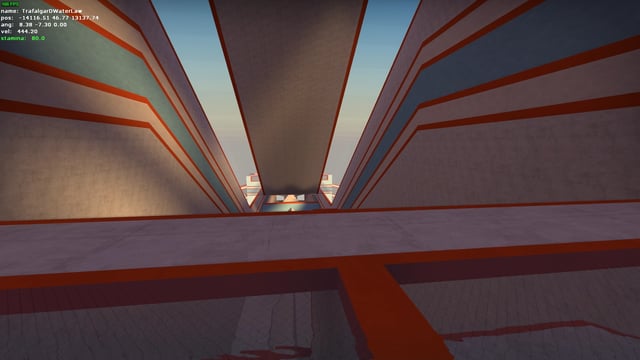
New surfers often make the mistake of holding down the "forward" key (W). This actually reduces your speed. Instead, it's all about precise strafing and mouse movements. As you slide, you need to subtly adjust your aim in the direction you want to go. It's a dance between keyboard and mouse. Over time, the community developed advanced techniques like "air control" (further manipulating your movement while airborne), and sync strafing (coordinating your strafes for max speed). Skill is measured by completion time of the course. The faster you complete the map, the better your skill level. Record runs are a major source of community entertainment and competition.
Surf Map Design: Crafting the Perfect Wave
As a level designer, creating a good surf map is about more than just slapping down some angled surfaces. It's about understanding the flow, the physics, and the player experience.
Ramp angles are critical. Too steep, and players lose control. Too shallow, and they don't gain enough speed. Finding that sweet spot is key. Air acceleration zones are equally important. These are areas, often at the end of ramps, where players can use their air control to make precise adjustments and land smoothly on the next ramp. Obstacles need to be strategically placed to add challenge without being frustrating. It's a delicate balance.
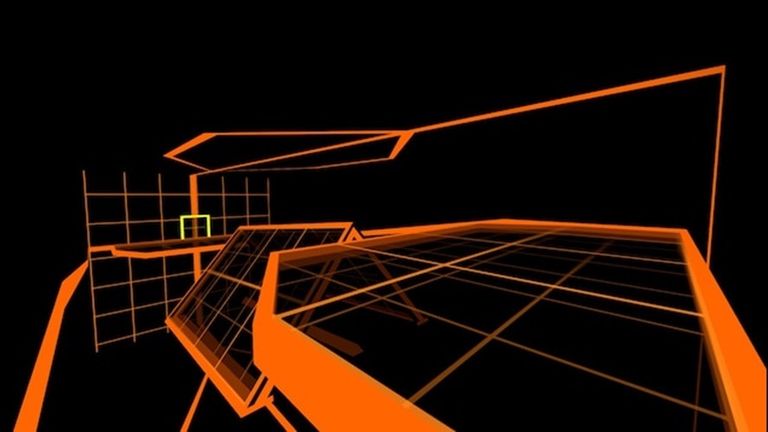
Let's look at some iconic surf maps. surf_mesa is a classic for a reason. Its clean lines, consistent ramp angles, and open skybox create a sense of speed and freedom. It's also very beginner-friendly!
surf_utopia, on the other hand, is known for its challenging jumps and intricate layout. It demands precise air control and a deep understanding of the surfing mechanics. It's a true test of skill.
surf_forbiddenways is famous for its difficulty and unique design. It requires very specific techniques to beat, demanding precise movement and knowledge of the map. The map has unique portal spots that allow the level designer to challenge the players in interesting ways.
My personal design philosophy is to create maps that are challenging but fair. I want players to feel a sense of accomplishment when they complete a map, but I don't want them to feel like it was pure luck. I also try to incorporate unique elements or themes to make my maps stand out. One of the biggest challenges is balancing difficulty. You want to challenge experienced players while still being accessible to newcomers. I often spend hours playtesting my maps, tweaking ramp angles and obstacle placements until I get it just right. I primarily use Hammer Editor. One of the most important considerations is ensuring the map is optimized for performance. A laggy surf map is unplayable.
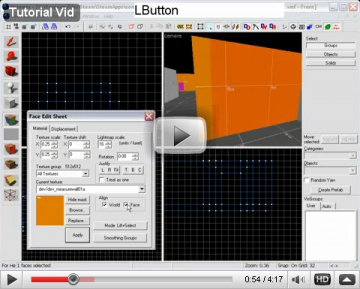
The Surf Community: Culture and Competition
The surf community is a tight-knit group of passionate players. Online forums and dedicated servers are the hubs of activity. You'll find players sharing tips, discussing map designs, and organizing competitive events. Several prominent figures have shaped the community, pushing the boundaries of what's possible in surfing and organizing competitions.
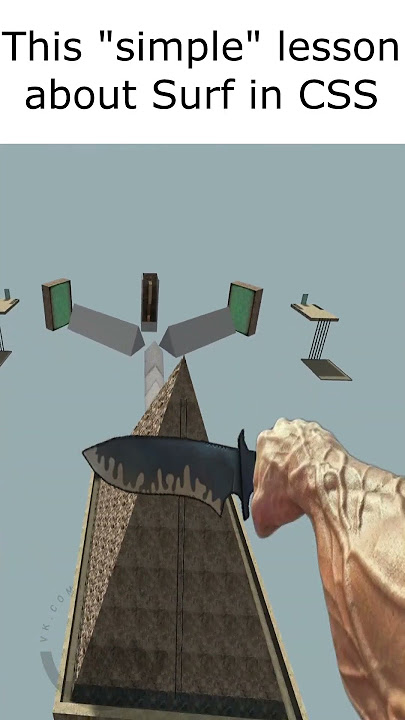
The social aspect is a huge part of surfing's appeal. It's a place where players can connect, collaborate, and push each other to improve. There's a real sense of camaraderie. Memorable events include large-scale surf competitions that happen both online and sometimes even at LAN events.
Surfing's Legacy: Influence and Evolution
Surfing's influence extends beyond Counter-Strike. Similar mechanics have appeared in other games and mods, a testament to its unique appeal. Even within the Counter-Strike franchise, surfing has evolved, with new maps, techniques, and competitive formats constantly emerging. It really did become a legitimate game mode.
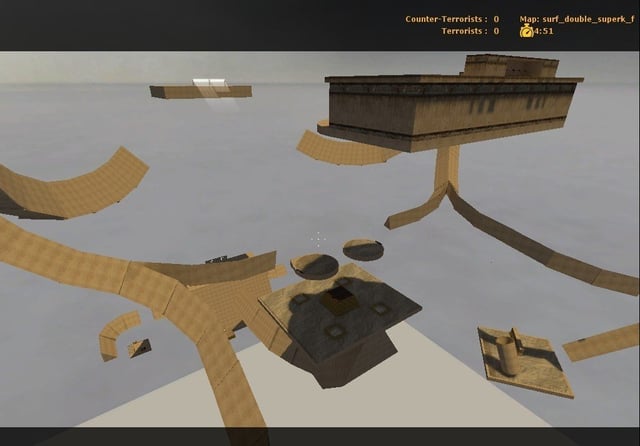
Whether it's a dedicated surf mode in another title or similar movement mechanics, the foundation laid by the Counter-Strike: Source surfing community is undeniable. It will continue to inspire game developers and players alike.
Conclusion
Surfing in Counter-Strike: Source is a testament to the power of player creativity and the enduring appeal of emergent gameplay. What started as a perceived glitch evolved into a vibrant community, a unique game mode, and a lasting legacy. My passion for surfing, both as a player and a level designer, remains as strong as ever. It's a unique challenge and a rewarding experience.
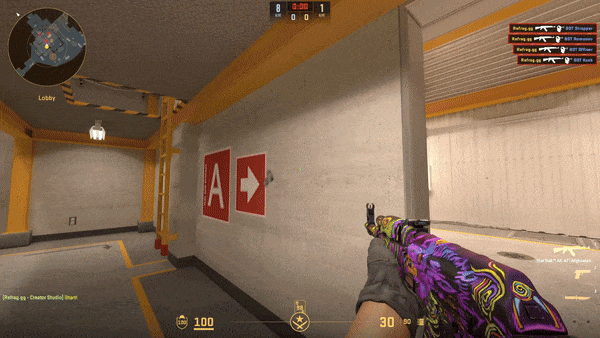
So, if you're looking for a new challenge, a unique experience, and a welcoming community, give surfing in Counter-Strike: Source a try. You might just discover your next favorite game mode. My final message is simple: don't be afraid to fall, don't be afraid to fail. The more you play, the better you will get, and the more fun you will have! This all started as a glitch but that glitch has come a long way. Give it a try!
